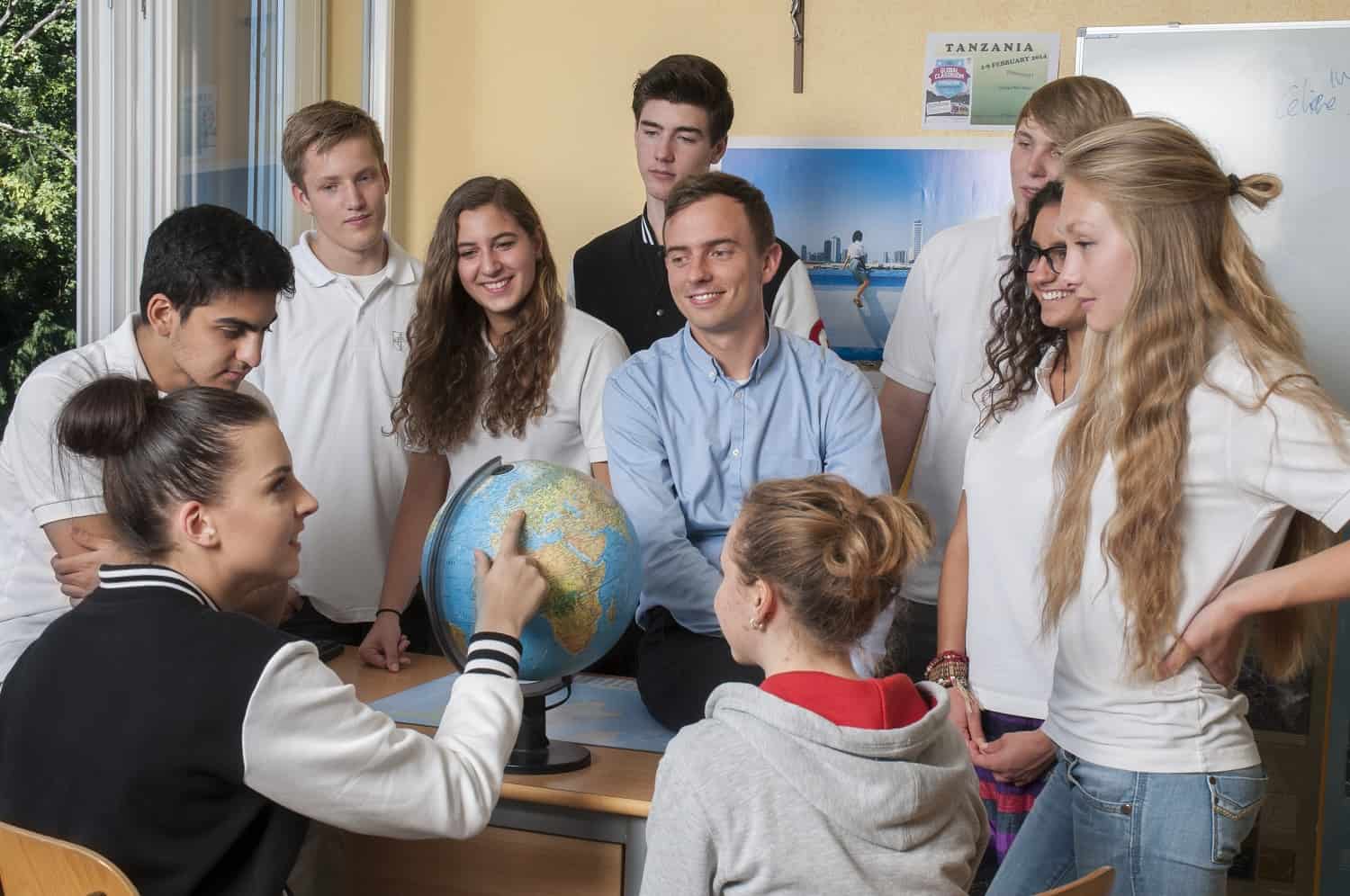Why private education is perfectly placed to develop 21st Century learners

Twenty-first-century learning has been the focus of much attention in education since the turn of the century, with proponents arguing that we should transform formal education to prepare learners for the complex challenges of a globalised future. This global movement proposes that all learners today need to develop skills for collaboration, communication, digital literacy, citizenship, problem-solving, critical thinking, creativity and intercultural competence. There has been much debate concerning the relevance of many of these skills to the twenty-first century. Cognitive skills such as critical thinking and problem-solving have always played an essential role in learning.
What are 21st Century Skills?
Regardless of one’s position on twenty-first-century learning, there is a worldwide consensus that students require a range of competencies to tackle complex global challenges and contribute to tolerant, diverse societies. Digital literacy and intercultural competence are skills that can make an essential contribution to this century and as such education should address this. Rethinking pedagogies for the development of twenty-first-century skills is more important than the identification of competencies that students need. Without a focus on the approaches required to develop key competencies through the learning process, it is unlikely that students will develop these skills. Pedagogical methods have rarely adapted to address this challenge.
Traditional Approaches are Becoming Less Relevant
The ‘transmission’ or lecture model remains a popular instructional approach in most education systems worldwide. While it is accepted that traditional approaches to teaching and learning which focus on knowledge transmission, memorisation and the application of simple procedures play an important role in all classrooms, these approaches alone will not contribute to the development of learners’ twenty-first-century skills. A standard transmission model limits valuable opportunities to develop critical soft skills such as metacognition that help to incorporate knowledge more effectively. However, the idea of changing student and teacher roles is often met with resistance. Especially when incorrectly interpreted as meaning an “anything goes” approach to learning where students have complete control. Effective, active pedagogies do not give up all power to learners, nor place students and teachers as equals. Instead, they restructure and reimagine modes of learning within a carefully designed, planned and managed learning environment.
Creating Engaging Learning Opportunities
To develop the higher-order thinking skills required for twenty-first skills development, today’s students must engage in meaningful, student-centred, enquiry-based learning. Project, enquiry and collaborative approaches have been the focus of hundreds of studies, and the findings are conclusive. Learning in small groups on collective tasks creates a powerful blend of content knowledge, understanding and skills development. The evidence shows that student progress in factual learning is equal to or better than in traditional instruction. Twenty-first skill development is significantly higher in collaborative learning environments however. Furthermore, collaborative approaches provide vital peer support for students learning in multiple languages as well as those with learning difficulties. Technology plays a vital role in supporting such pedagogies. However, technology alone will not provide the conditions necessary for skill development. Only modern pedagogies that employ innovative, research-supported teaching strategies can fulfil that role.
Conclusion
Highly competent and committed teachers who employ active pedagogies are fundamental in realising these potential gains to learning. Private international schools, with their diverse student and teacher populations, considerable funding, small class sizes and ubiquitous access to technology find themselves in an enviable position outside the constraints of national education systems, affording their students the opportunity to build the knowledge, understanding skills and values that are imperative for sustainable local, national and global societies of the future.
About the Author:
Matthew Roberts is a teacher of Geography – Teacher of IB, Pre-IB and years 9 and 10 Geography at Collège Champitte
Find more articles like this here: www.internationalschoolparent.com/articles/
Want to write for us? You can submit an article for consideration here: www.internationalschoolparent.submittable.com
